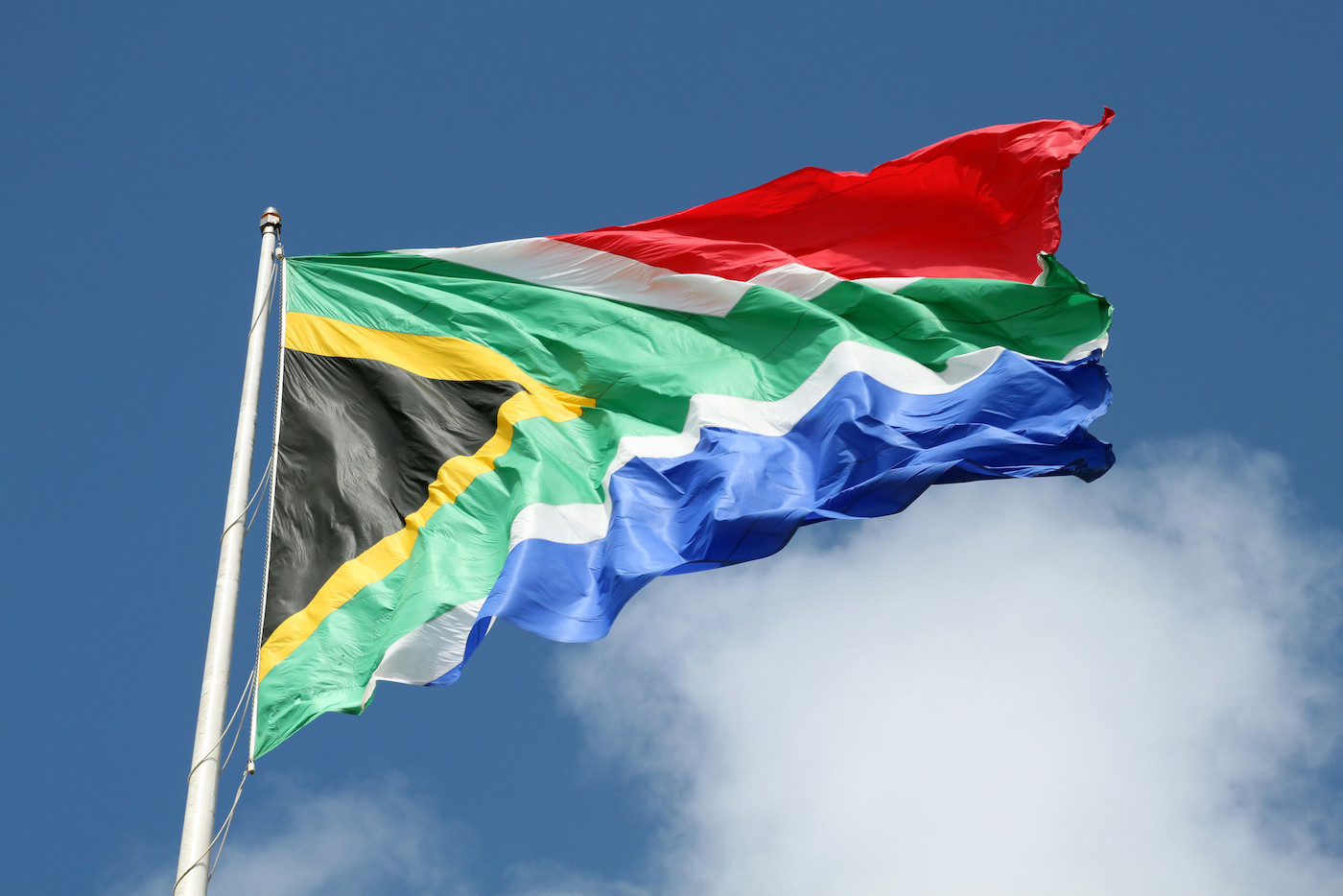South Africa has taken a big step toward decriminalization, or limited legalization, of cannabis. The country won’t be opening up any dispensaries for people to buy the drug, but adults would be able to grow and use it without fearing arrest or jail. The move would undo criminalization that has its roots in the country’s apartheid era.
South Africa’s National Assembly—the lower chamber of its parliament—passed its Cannabis for Private Purposes Bill on November 14. To become law, it now has to be approved by the upper chamber, the National Council of Provinces.
Parliament is actually required by law to reform cannabis policy, following a 2018 high court decision that found banning use or cultivation to be unconstitutional. The court ordered the legislature to pass decriminalization within two years. If the bill passes, parliament would finally meet its legal obligation, albeit three years late.
Under its terms, adults could possess and grow cannabis, but use would have to happen in private. There is no specific provision for medical use. People could gift cannabis to other adults, but buying or selling the drug would remain illegal. People could also still be charged with crimes for public possession or use, or allowing children to access the drug, with penalties ranging from fines to prison time.
The bill additionally includes expungement of criminal records for cannabis. With past convictions for use or possession, the record would be automatically expunged. People who believe they are eligible could write a petition for expungement, and would receive a certificate of confirmation if it’s granted.
The original version of the bill set limits for personal possession, of 600 grams of cannabis at home or 100 g outside the home; and for home cultivation, of up to four flowering plants, or possession of one plant outside the home.
As Marijuana Moment reported, the assembly’s justice committee removed these possession and cultivation limits from the bill before it passed. But Justice and Correctional Services Minister Ronald Lamola has now been given the task of drafting these limits along with other regulations like child protections, subject to parliamentary approval.
South Africa’s current cannabis law is based on the 1992 Drugs and Drug Trafficking Act, which was passed by the white minority-ruled government when the country still upheld its racist apartheid system against the country’s Black majority. That law was an update on the apartheid government’s first anti-drug legislation, which passed in 1971 and included a strict ban on cannabis.
The old drug law remains on the books—leading cannabis advocacy organization Fields of Green for All to describe it as “the last apartheid law.”
Thembisa Waetjen, a history professor at the University of Johannesburg, explains that from the beginning, the apartheid regime’s anti-drug laws were rooted in racism:
To the ruling National Party, the use of drugs by white people appeared to threaten Afrikaner religious culture and the future of a white South Africa. They hyped the drug problem as “a form of terrorism that is more dangerous than the armed terrorism we are familiar with on our country’s borders.”
Punishments were severe, with prison terms of two to 10 years handed down for possession of a single cannabis joint. Waetjen goes on to explain how cannabis enforcement fell disproportionately on Black South Africans, and also how cannabis became practically the single focus of the country’s drug war—with arrests and convictions for cannabis making up over 95 percent of the total for drugs. The promise of substance use treatment as an alternative to incarceration was a farce, with under 1 percent of defendants receiving it—and zero treatment for Black defendants, whose clinics received no support from the apartheid regime.
Apartheid ended in 1994, and the country transitioned to democratic governance. But the old drug law remains on the books—leading cannabis advocacy organization Fields of Green for All to describe it as “the last apartheid law.”
The African National Congress—the anti-apartheid resistance party, political home to legendary activist and first post-apartheid President Nelson Mandela, and ruling party of South Africa for nearly 30 years—has continued the harsh anti-drug policies of its predecessors, adopting “militarized suppression, spraying and incarcerations” against cannabis users, according to Waetjen.
Members of Fields of Green for All were arrested for cannabis in 2010, and ultimately sued the federal government, with the case being heard in 2017. During the same period, Rastafari lawyer Garreth Prince and Dagga Party leader Jeremy Acton also sued over the national cannabis law. Both cases were combined, and in September 2018 South Africa’s Constitutional Court—the highest in the nation—ruled that prohibiting adults from possessing and cultivating cannabis in private was unconstitutional.
As of November 14, the Cannabis for Private Purposes Bill had support from the African National Congress and most other political parties, including the official opposition, Democratic Alliance. The right-wing Freedom Front Plus and the African Christian Democratic Party oppose it, but are not big enough to stop it from passing in the upper chamber.
Photograph by flowcomm via Flickr/Creative Commons 2.0





Show Comments